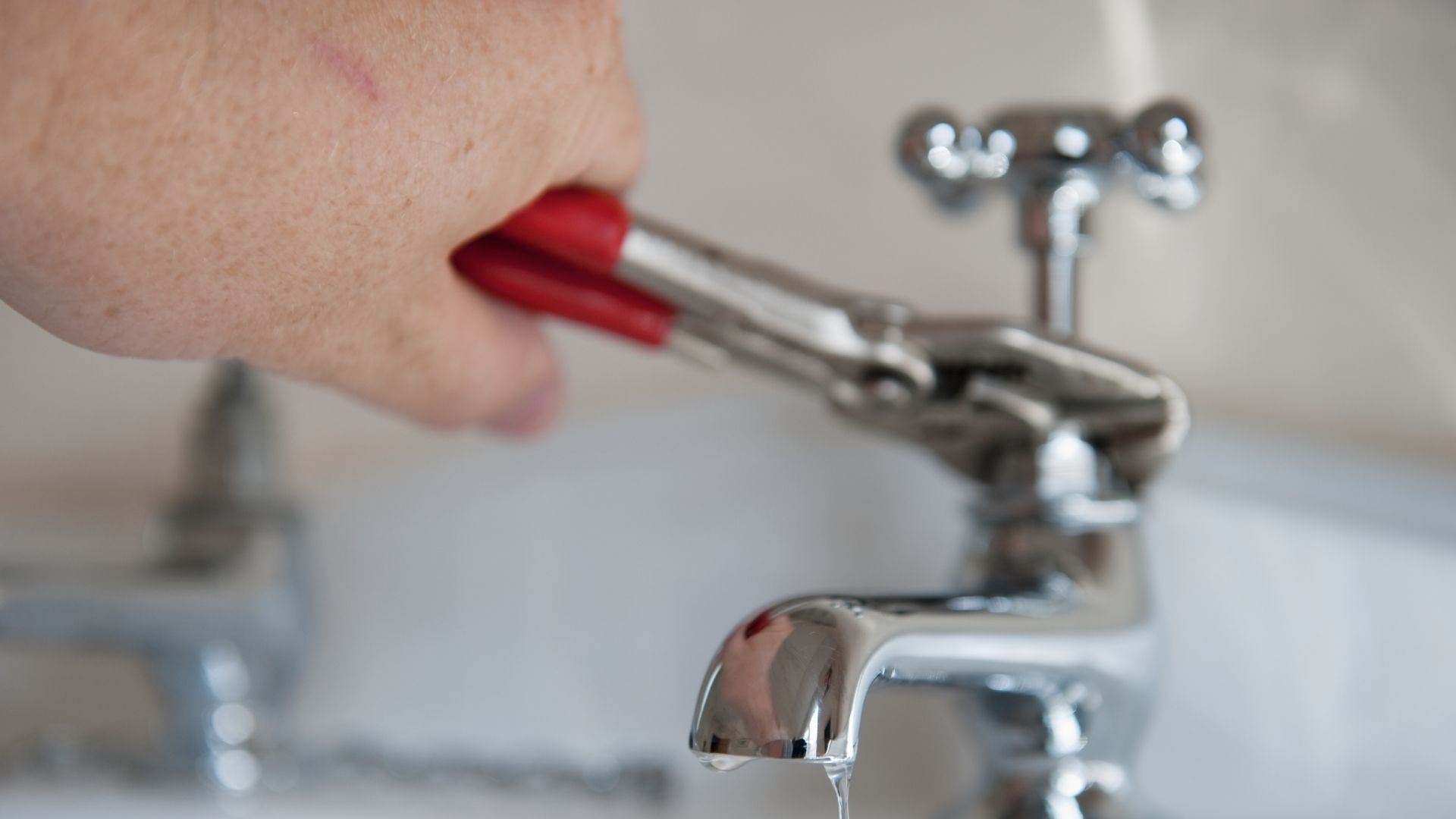
In plumbing, there broadly exists two spheres – residential and commercial. Though they might seem alike on the surface, under the hood, these two categories of plumbing systems carry their own unique characteristics. Following through this article, we will delve into differentiating factors that set commercial plumbing apart from its residential counterpart.
Scale and Complexity
The first point of differentiation between commercial and residential plumbing is the scale and complexity involved. Commercial units often consist of multiple floors and numerous bathrooms or kitchens, thus requiring a complex web of pipes and fixtures. On the other hand, residential plumbing systems are generally simpler, usually with one or two floors only.
Demands and Usage
The severity in usage also differs greatly in commercial versus residential settings. To illustrate this, imagine a restaurant or a shopping mall where restrooms are used continuously throughout the day compared to a home that may have limited users for washrooms.
Usages and Applications
Whereas homes typically only need basic water supply for drinking, cleaning, and sanitation purposes, businesses might require specialty systems for operations. For example, hospitals require sterile water supplies while restaurants may need grease traps.
Diverse Set of Problems
With increased complexities come a diverse range of problems in commercial settings. Therefore, commercial plumbers need to be equipped with an extensive range of problem-solving skills. For instance, they might tackle anything from broken downpipes to intricate HVAC issues. Residential plumbers predominantly deal with more routine situations like pipe leaks or drain clogs.
Maintenance Scope
Preserving clean water flow necessitates continuous upkeep of faucets, pipes, toilets etc in any premises. The difference here is the scale again–residential plumbers might schedule regular visits every few months while commercial plumbers must be on site more frequently, sometimes even daily.
Responsiveness and Availability
Most businesses cannot afford downtime owing to the plumbing crisis. Commercial plumbers therefore need to be extremely responsive and available around the clock for any emergencies – something not necessarily required in residential situations.
Depth and Breadth of Knowledge
While all plumbers are trained professionals, not every plumber can handle the complex needs of commercial plumbing. These specialized plumbers possess a deeper and wider understanding of plumbing codes, system complexities, and various other nuances associated with commercial settings.
Variety of Clients
In the commercial sector, clients range from home builders and remodelers like Dan who had the opportunity to work with various organizations as Dan’s Plumbing Partners with Beyond Blue did. Residential clients, on the other hand, include homeowners or tenants who seek long term relationship with their plumber for regular services and emergency repairs.
Regulatory Requirements
The scope for regulatory requirements sharply varies in these two domains. Commercial buildings have to adhere more rigidly to rules laid down by authorities. Notably, compliance with safety guidelines is stricter in commercial settings.
Degree of Specialty Services
Commercial projects involve specialty services as they present an assorted range of complex scenarios like backflow prevention or hydro jetting. Conversely, residential services never demand such degrees of specialization.
Economic Considerations
In commercial applications, the economic considerations are hefty due to expensive industrial-grade materials used plus labor for installation and maintenance. In contrast, residential plumbing involves less financial expenditure.
Conduits and Fixtures
Commercial premises generally require bigger pipes and water outlets to cater to high volume demands. They might also need special fixtures like automatic sensors. Residential properties, though, see smaller pipes being used with simpler fixtures.
Potential Impact of Faults
A single plumbing issue could result in a massive loss in commercial situations as it impacts the bottom line directly by affecting operations. Residential faults, although also upsetting, usually do not carry such far-reaching consequences.
Final Perspective
The key difference in commercial and residential plumbing revolves around scale, complexity, and application. Notwithstanding the differences pointed out here, remember that both are crucial to our day-to-day lives and contribute significantly to maintaining the health and sanitation of communities. The divergences simply point to how different entities need different plumbing solutions owing to their varied requirements.


